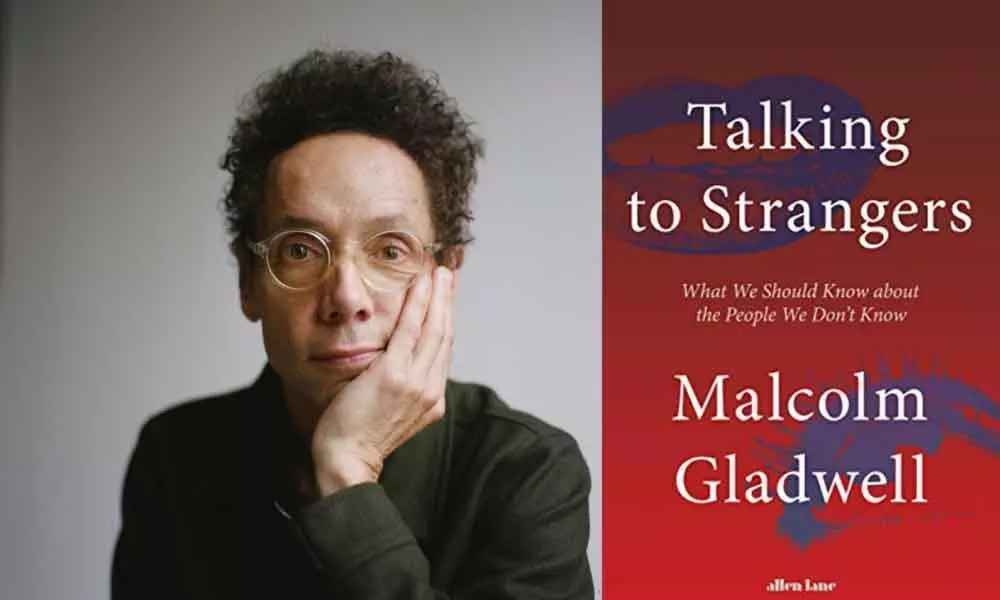Malcolm Gladwell has yet again written a masterpiece on Social Psychology -" Talking to Strangers"

Like all his other books, Malcolm Gladwell has yet again written a masterpiece on social psychology very relevant to the current times
In the recent gang-rape and murder of 26-year-old veterinarian doctor in Hyderabad, one aspect of the case nagged me to no end. Why was she not alarmed enough to ask for help when she had a chance?
I found my answer in 'Talking to Strangers' by Malcolm Gladwell which I was incidentally reading at the time of this tragedy.
In one chapter, the author elaborates how a US spy in the highest echelon of the American intelligence service for decades sold secrets to Cuba without raising any suspicion. Gladwell points out, "Belief is not the absence of doubt. You believe someone because you don't have enough doubts about them." During her telephonic conversation with her sister right before she was brutally raped, Disha mentioned having doubts about the intent of the men who were offering to help her. She obviously just did not have enough doubts to disbelieve them.
Like all his other books, Malcolm Gladwell has yet again written a masterpiece on social psychology very relevant to the current times. Using references of real instances, case studies and controlled environment experiments, Gladwell raises important issues of paedophilia, suicide, terrorism, alcohol abuse and racial prejudice, and suggests that people default to truth because the society cannot function otherwise even if occasionally the trust ends in betrayal (like in the unfortunate case of Disha.) And while his examples are all from his home country, they are equally identifiable in our immediate social setup as well.
The book quotes several interesting examples to point at our flawed strategy of evaluating honesty of strangers based on their demeanour and behaviour. People seldom look the way they feel and while we are good at determining the genuineness of people when the expressions and emotions match, we are often confused and inaccurate otherwise. Even people who are professionally qualified to identify truth through behaviour analysis only get it right half the time. Judges and those in the business of hiring professionals might object to Gladwell's opinion that seeing an accused or a potential hire only skews the process rather than helping it. And yet, the author agrees that seeing as part of judging and hiring is socially necessary to make the process human. Which also sadly means that we have to be tolerant to a high margin of error in order to remain human.
Another important issue raised in the book is about consent to sex in an inebriated state. Quoting cases from fraternity parties, a typical university phenomenon in the US and now fast catching up in India, it highlights how alcohol works as an agent of transformation by accentuating our understanding of our true self. It also puts us at the mercy of our immediate environment, making short term considerations appear more significant and dimming the long-term implications of our drunken act. By acknowledging the role of alcohol in making perpetrators, Gladwell is attempting to prevent more men from becoming so.
In a final case study, Gladwell uses the theory of coupling to contradict our general perception about strangers prone to suicide and how by considering the context and surrounding in which they operate, we can make more sense of their behaviour.
Some books are meant to raise questions. Talking to strangers does just that and still leaves us with an important realization – we can only get a limited understanding of strangers and their truths. The best way to approach them is with caution and humility. Nothing we don't already know, right? And yet the book will be a reminder specially during those critical moments when we are judging strangers and their intents.
The reviewer is the author of the popular contemporary fiction 'Love in times of terror,' a historical fiction

